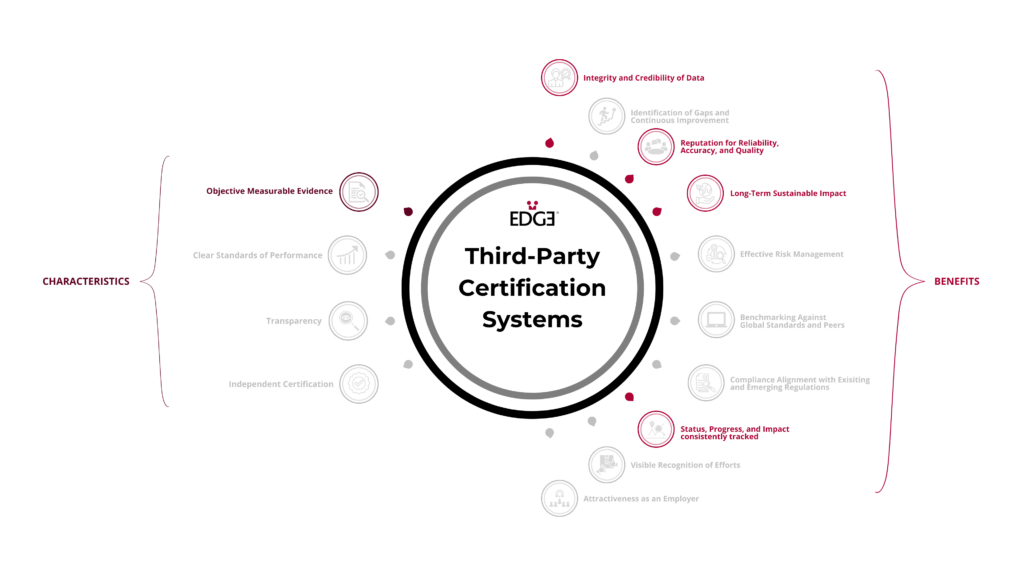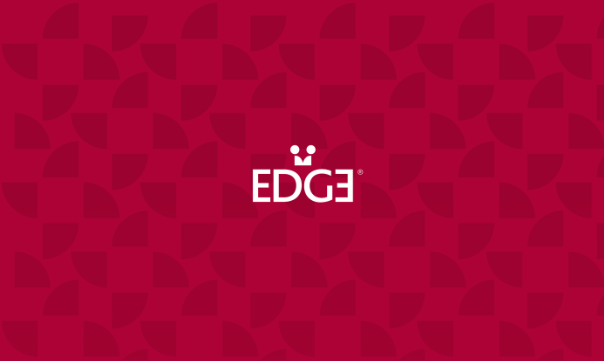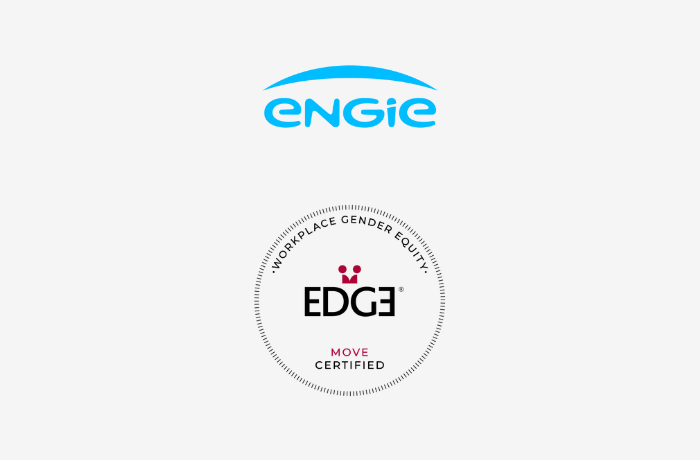Third-party certification systems play a pivotal role in ensuring accountability, transparency, and trust across industries and markets. They help organizations meet rigorous standards, and enhance stakeholder trust by providing reliable, verified data and information. As ISEAL (the global membership organization for credible sustainability standards) highlights, “Sustainability standards continue to be one of the most important tools to support businesses across the value chain deliver on core sustainability issues.” In this series of articles, we explore the four key characteristics and associated benefits of third-party certification systems. With a particular focus on EDGE Certification, the global standard for workplace diversity, equity, and inclusion, we demonstrate how certification gender equity, and gender and intersectional equity is a powerful tool that can drive inclusive economic growth and create respectful work environments for all.

Third-party certification systems rely on objective, measurable evidence to validate an organization’s performance, activities, and efforts. This means that certification systems are based on quantifiable data and verifiable outcomes, rather than subjective assessments or self-reported information. Objective evidence provides a clear, unbiased foundation for evaluating whether organizations meet established standards and performance criteria, fostering a culture of transparency and accountability.
EDGE and EDGEplus Certification exemplifies this approach by assessing and certifying gender and intersectional equity in the workplace based on a clear assessment methodology. The Certification process requires organizations to provide relevant objective evidence for the independent audit. This evidence is defined as verifiable information, records, observations, and statements of fact, which can be quantitative or qualitative. Accredited and approved Certification Bodies use this evidence to demonstrate the extent to which a certifying organization meets the EDGE Standards. Auditors use sampling methods to ensure sufficient and appropriate evidence is gathered. Appropriate audit evidence must be both relevant and reliable in providing support for the auditor’s conclusions. Examples of such evidence include organizational databases, HR systems records, policies, internal operating procedures and processes, training materials, internal communications, and case-specific examples relevant to the application and execution of policies and practices. These measures ensure that the evidence is relevant, traceable, clear, and unambiguous.
The emphasis on objective, measurable evidence in third-party certification systems like EDGE adds significant value by ensuring that DE&I-related data and information disclosures are substantiated by concrete data and supporting information thus driving reliability, quality, and accuracy. This also enables organizations to accurately monitor their status, progress, and impact in DE&I. Stakeholders, including employees, investors, and regulators, gain confidence in an organization’s performance and commitment to DE&I, knowing that they are substantiated by verifiable evidence. Ultimately, this rigorous evidence-based approach rooted in the principles of credibility, drives continuous improvement, supports strategic decision-making, and helps foster a genuine culture of equity and inclusion within organizations.
Don’t miss the next instalment in our series on third-party certification systems, where we examine the significance of clear standards of performance. We will explore how setting consistent benchmarks fosters workplace cultures grounded in accountability, excellence, and continuous improvement.




